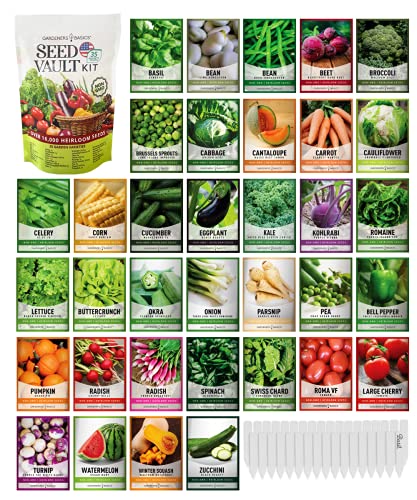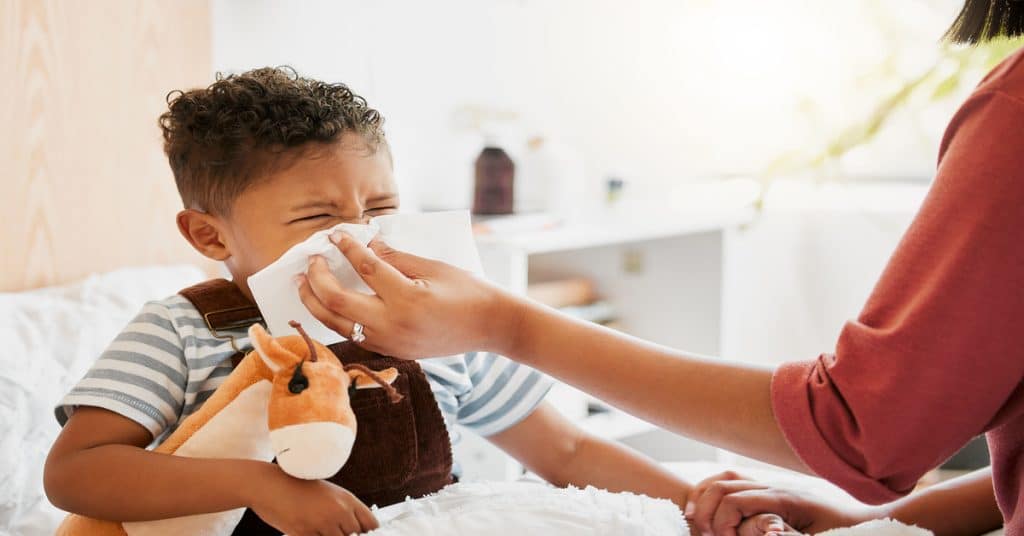
As parents, we often strive to teach our children valuable life lessons, and one of the most crucial lessons in today’s world is the importance of environmental stewardship. Creating an eco-friendly household is not just beneficial for the planet, but it also offers a wonderful opportunity for family bonding and learning. In this post, we’ll explore several activities and tips to, just like engaging parents such as Ken Picerne, help you and your family develop a more environmentally conscious lifestyle, focusing on engaging your kids in these practices.
1. Start with Recycling
Recycling is one of the easiest and most effective ways to introduce eco-friendly practices to your family. Here’s how to make it fun and educational for kids:
- Create a Recycling Center: Set up a designated area in your home for recycling. Use colorful bins and label them for materials like paper, plastic, and glass.
- Educational Games: Turn sorting recyclables into a game. Challenge your children to identify which items are recyclable and which bin they belong in.
- Field Trip: Visit a local recycling facility. Many offer educational tours that can be eye-opening and inspire kids to be more diligent about recycling.
2. Gardening: Growing Green Thumbs
Gardening is not only a relaxing and productive hobby, but it’s also a fantastic way to teach kids about nature and the environment. Here are some ways to get your kids involved:
- Start Small: Begin with easy-to-grow plants or a small herb garden. Let your kids choose some of the plants.
- Responsibility: Assign your child specific gardening tasks, like watering or weeding, to give them a sense of ownership.
- Harvest Together: When it’s time to harvest, involve the whole family. This is a great moment to teach kids about the farm-to-table concept and healthy eating.
3. Energy Conservation
Teaching kids about saving energy can be both fun and impactful. Here are a few ideas:
- Lights Out Game: Make a game of turning off lights when leaving a room. The one who remembers most often could get a small reward.
- Educational Discussions: Explain how saving energy helps the planet. Use age-appropriate language to describe the impact of energy use on the environment.
- Energy Audit: Involve your kids in a home energy audit. Let them help check for leaks around doors and windows or identify appliances that use a lot of energy.
4. Eco-friendly Crafts
Crafting can be a great way to repurpose materials that would otherwise be thrown away. Here are some ideas:
- DIY Projects: Use recyclable materials like toilet paper rolls, old magazines, and jars for craft projects.
- Upcycling Old Clothes: Turn old t-shirts into bags or pillowcases. It’s a fun way to give new life to old items.
- Nature Crafts: Collect leaves, stones, or sticks during walks and use them in art projects.
5. Water Conservation
Water is a precious resource, and teaching kids to conserve it is crucial. Here’s how:
- Timed Showers: Introduce a fun challenge by timing showers to make them shorter.
- Garden Wisely: Teach kids to water plants during cooler parts of the day to reduce evaporation and use water more efficiently.
- Discuss Water Usage: Talk about the importance of water and why it’s important to conserve it.
Conclusion
Involving kids in eco-friendly practices helps create a greener household and instills a sense of responsibility and care for the environment from a young age. These activities are not just educational but also fun and great for family bonding. Remember, every small step towards a more eco-friendly lifestyle makes a big difference in the long run. Let’s raise the next generation to be conscious, caring, and proactive about the health of our planet!










